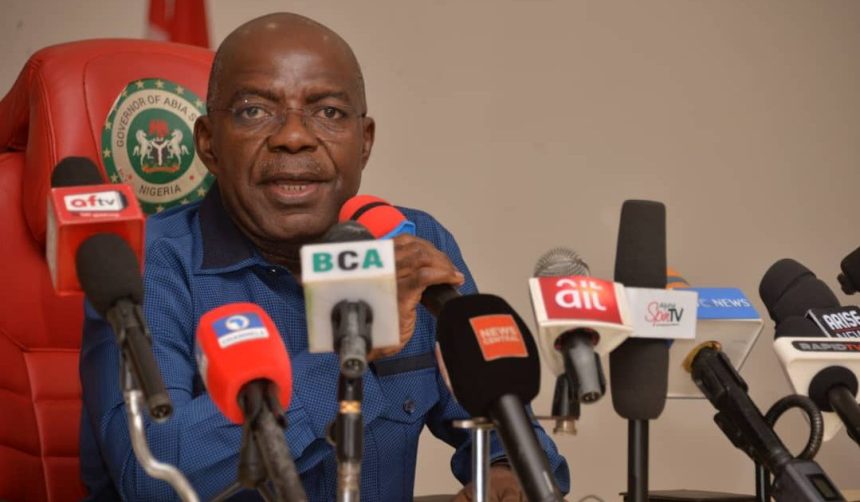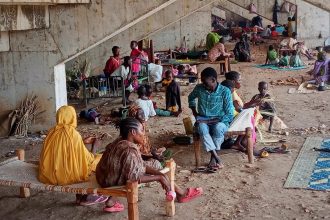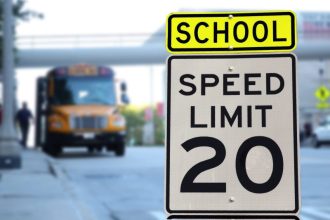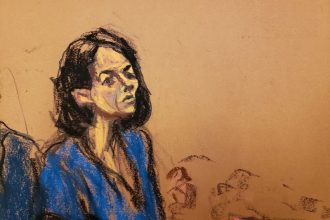The Abia State Government has said it will implement a policy that prohibits students from switching schools between Senior Secondary 2 and Senior Secondary 3 classes.
The state’s Commissioner for Basic and Secondary Education, Goodluck Ubochi, made this known in a statement released on Tuesday in Umuahia, the state capital.
He said the ban, which applies to both public and private schools, is part of a set of reforms aimed at curbing examination malpractice.
The statement read, “All SS2 students are now required to pass a state-organised promotion examination to be admitted into SS3. This measure is designed to ensure accountability and integrity in the education system.”
On the restriction of basic school graduation ceremonies, the commissioner said these ceremonies will now only be held for terminal classes, specifically primary 6 and SS3, to ease the financial burden on parents.
Ubochi said schools are now required to separate textbooks from workbooks to allow younger siblings to reuse textbooks, further reducing costs for families.
He stated that the government also made it compulsory for students enrolling for tertiary school qualifying exams to present their basic education certificates.
Ubochi stated that to facilitate this, schools have been instructed not to charge more than N2,000 for the primary 6 certificates.
The commissioner explained that it will address concerns that many of these certificates are often abandoned by parents.
The latest policy is part of Governor Alex Otti’s broader reforms in Abia’s education sector, which has in recent years struggled with underfunding, dilapidated infrastructure, and reports of widespread examination malpractice.
Similar bans on mid-school transfers have been adopted in states such as Anambra, Lagos, and Enugu to discourage students from switching to less strict schools ahead of senior secondary examinations, especially the West African Senior School Certificate Examination and the National Examinations Council tests.
In 2023, the West African Examinations Council had flagged multiple cases of impersonation and syndicate-driven malpractice across Nigeria, with states in the South-East among those listed for heightened monitoring.
The Abia State Government had earlier hinted at a crackdown on such practices, alongside cost-cutting measures in schools, as part of efforts to restore discipline and credibility to the state’s education system.









